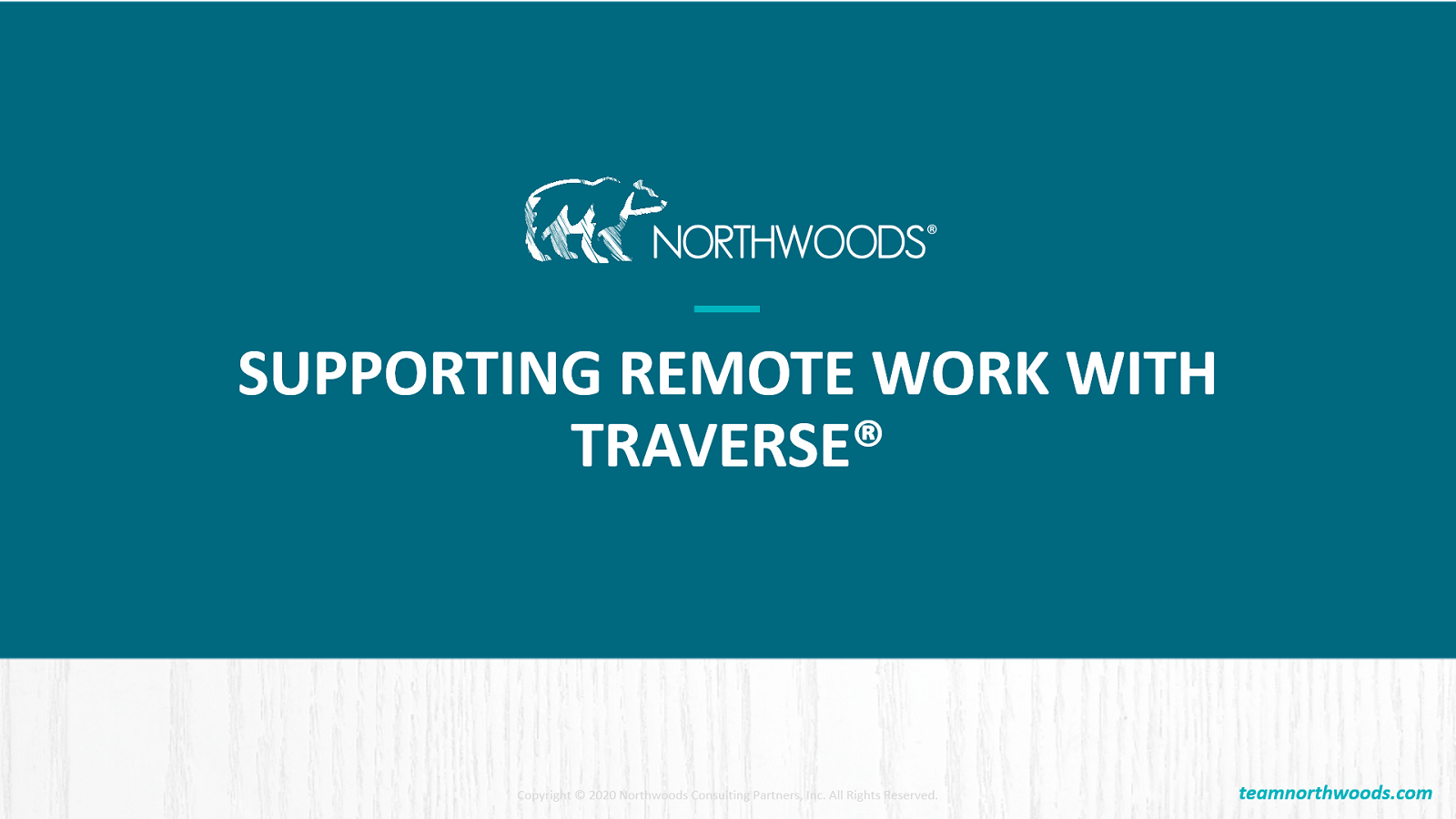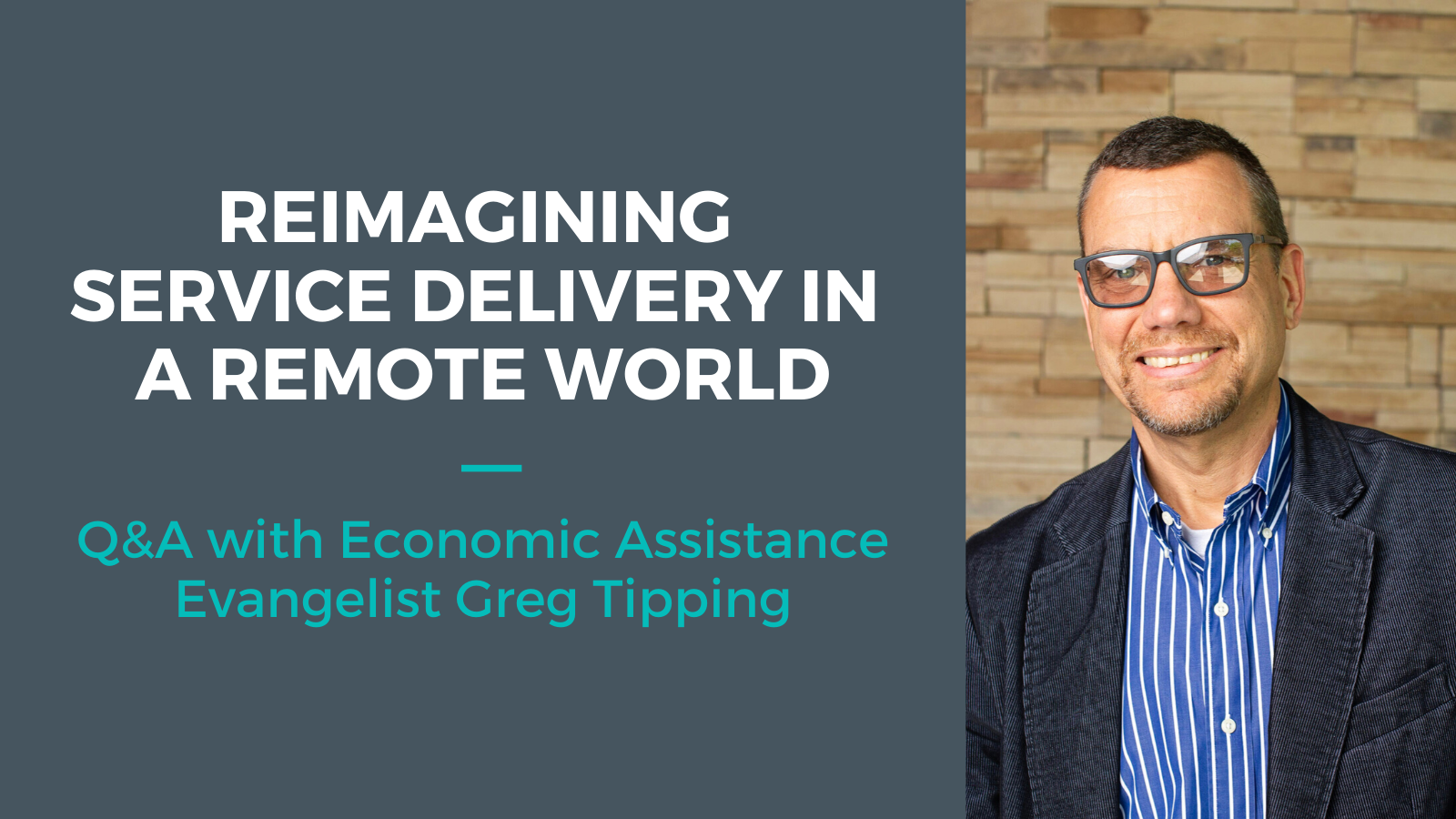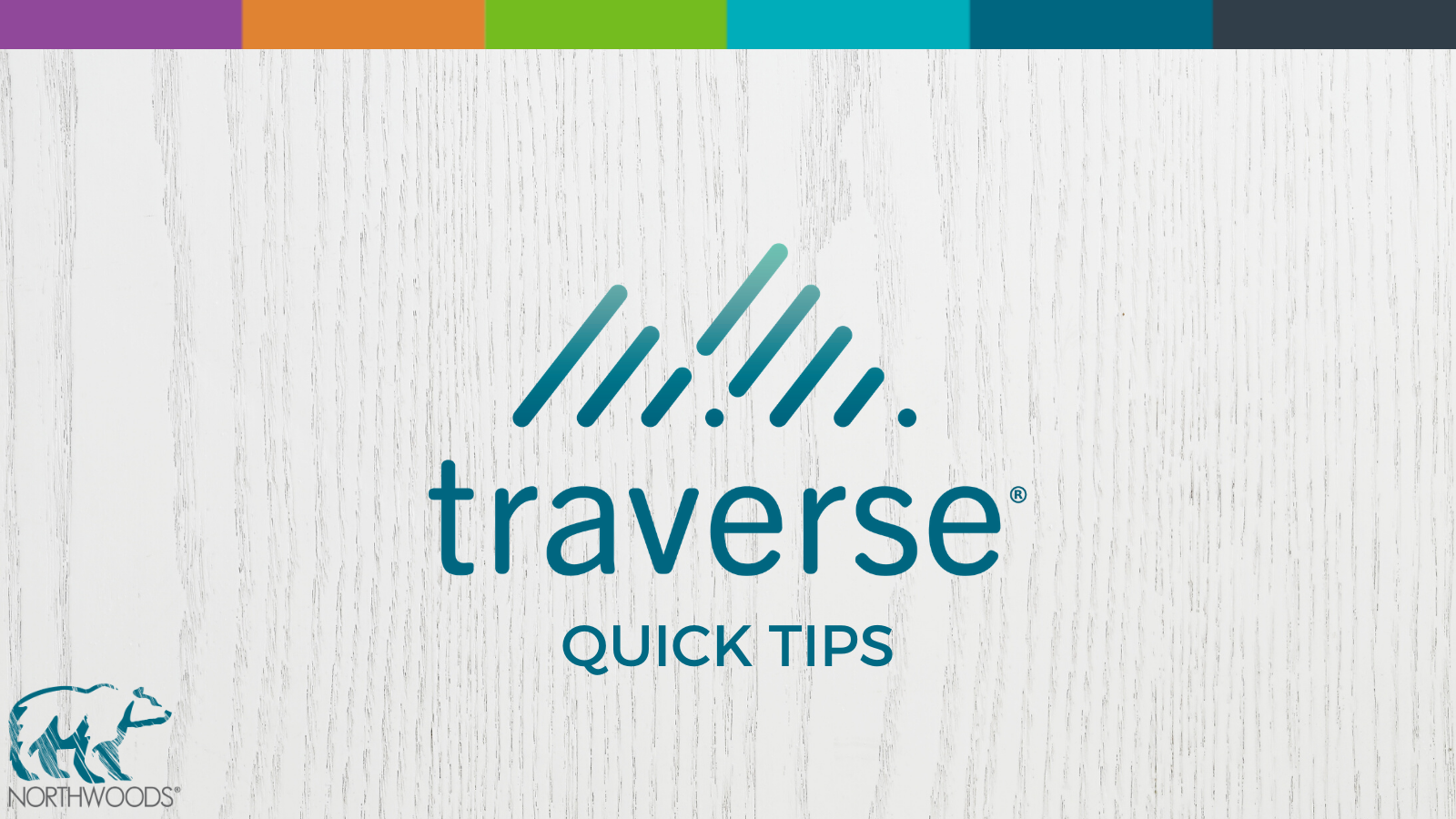The COVID-19 pandemic has been a wake-up call for human services in many ways.
Initially, it forced agency leaders to rethink how and where mission-critical work could be done, as well as which tools and technology were truly essential to support this new way of operating. Now, the focus has shifted toward determining the best way to allocate shrinking budgets and limited resources to sustain these changes and navigate the new landscape for the long term.
Read More![Prioritizing Technology in Human Services and Preparing for What May Be Next [Lessons from COVID-19]](https://blog.teamnorthwoods.com/hubfs/07-01-2020-COVID-19-Technology.jpg)








